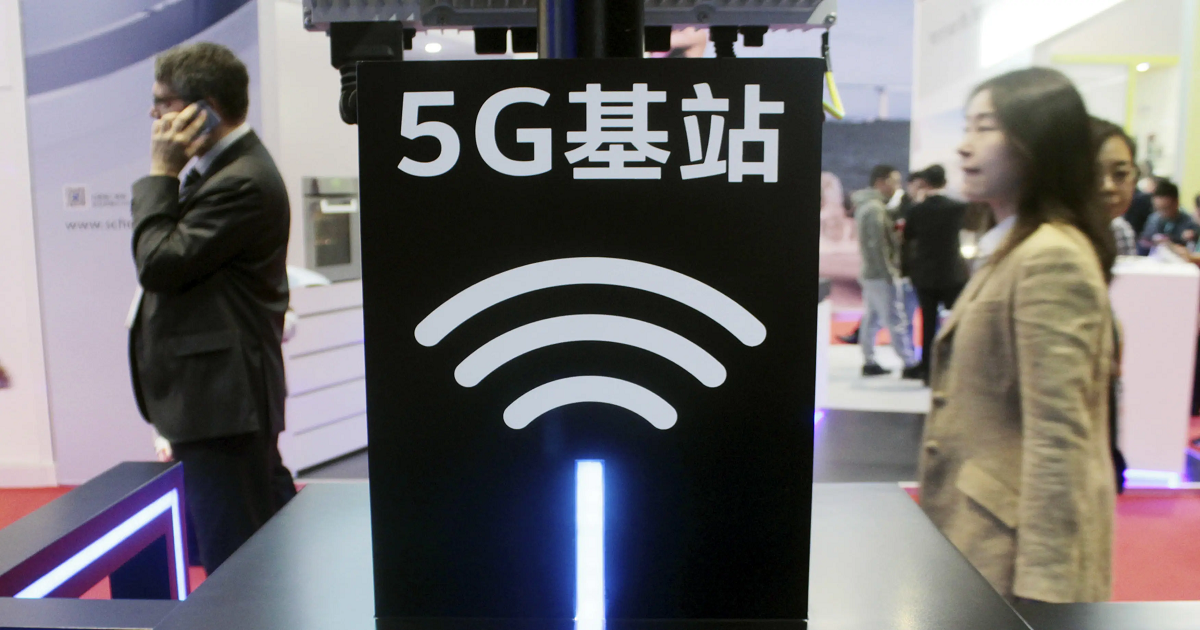Telecom's 5G revolution triggers shakeup in base station market
Asia Nikkei | December 25, 2018

With fifth-generation wireless networks set for launch across developed markets in the coming months, competition is intensifying among manufacturers of mobile infrastructure equipment. But the small group of companies that have dominated the market for 3G and 4G networks faces considerable disruption as the industry goes through a period of upheaval not seen in over a decade.To the surprise of just about everyone in the industry, Nokia and little-known U.S. startup Altiostar Networks won the rights to build Rakuten's new mobile network in Japan earlier this year, beating rival bids from Huawei and Ericsson, the two biggest players by global market share. The e-commerce giant will become Japan's fourth mobile provider in October. And although it initially plans to launch only 4G services, the deal was of huge significance; in an industry where new players come along so rarely, so too do chances to form long-standing partnerships. "We will be able to further reduce our investment in 4G from an initially estimated 600 billion yen ($5.28 billion) by combining a hugely experienced manufacturer and a company with new technologies," Yoshihisa Yamada, president of Rakuten Mobile Network, told an open hearing at the Ministry of Internal Affairs and Communications on Oct. 3. Those cost reductions, Yamada hopes, will result from an industry shift from dedicated to general-purpose equipment.In the past, base stations required specially designed devices, and entirely new equipment needed to be installed for every generational shift -- something that happens roughly once every 10 years.